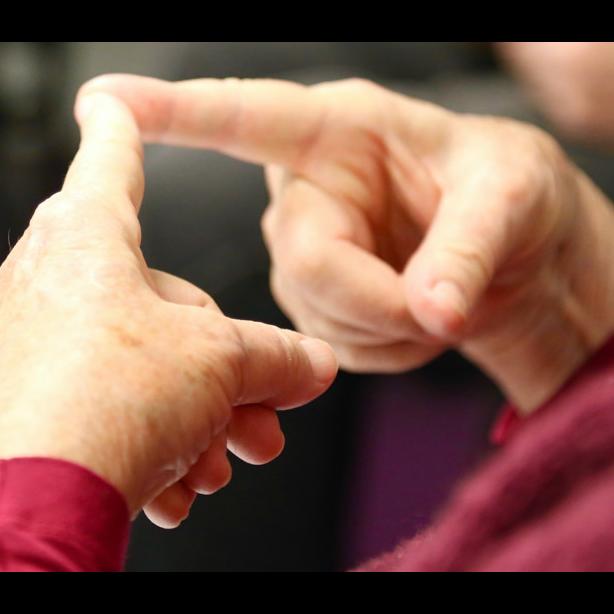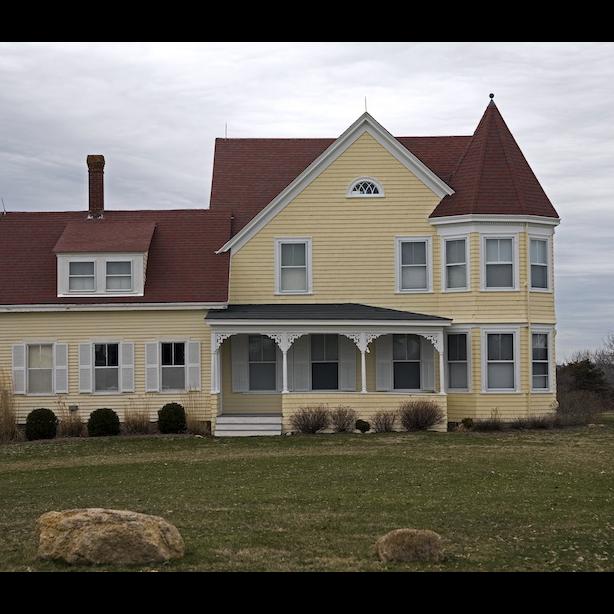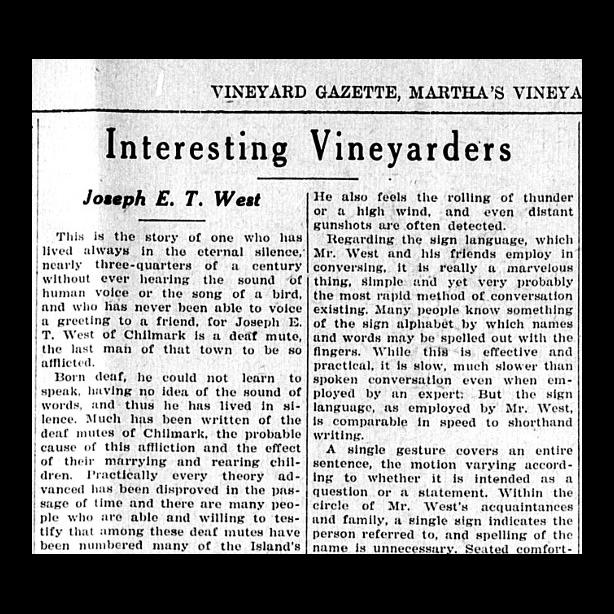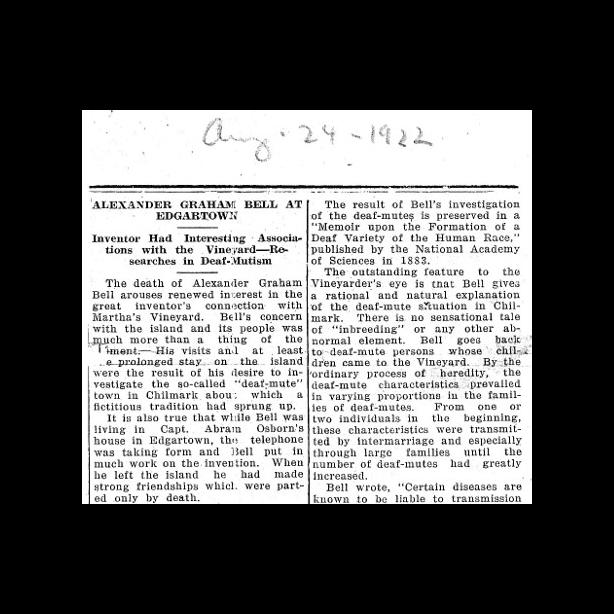Hereditary Deafness
Hereditary Deafness
February 19, 2024
Research Potentially Widens Scope of Vineyard's Historic Deaf Community
Richard Meier and Justin Power, linguistics professors at the University of Texas, have published a new paper entitled The Historical Demography of the Martha’s Vineyard Signing Community, inspired by the seminal work of anthropologist Nora Ellen Groce.
February 26, 2019
Legacy of Vineyard Deaf Community Endures Today
David Martin, former educator and administrator at Gallaudet, visited Vineyard Haven on Sunday to talk about the legacy of the Martha’s Vineyard deaf community of the 18th and 19th centuries.
December 22, 2016
Reviving Sign Language on Martha's Vineyard Is Personal and Historical Mission
Lynn Thorp is the energy behind MV Signs: Then and Now, an endeavor to revive Martha’s Vineyard sign language used from the 17th to 19th century.
April 16, 2015
Listening to the Heartbeat of an Old Chilmark House
One of the more interesting houses up-Island is 231 State Road in Chilmark. It is an unusual house for Chilmark: a Queen Anne style Victorian, painted yellow, with a turret.
I don’t know of any other such houses in Chilmark, whose charm lies in its serene and lovely rolling hills, hidden houses and beaches. It is a very common type of house elsewhere in the United States, the reflection of the prosperity of the late 19th century. Prosperity that had passed Chilmark by and which it was not to achieve until well past the midpoint of the 20th century.












